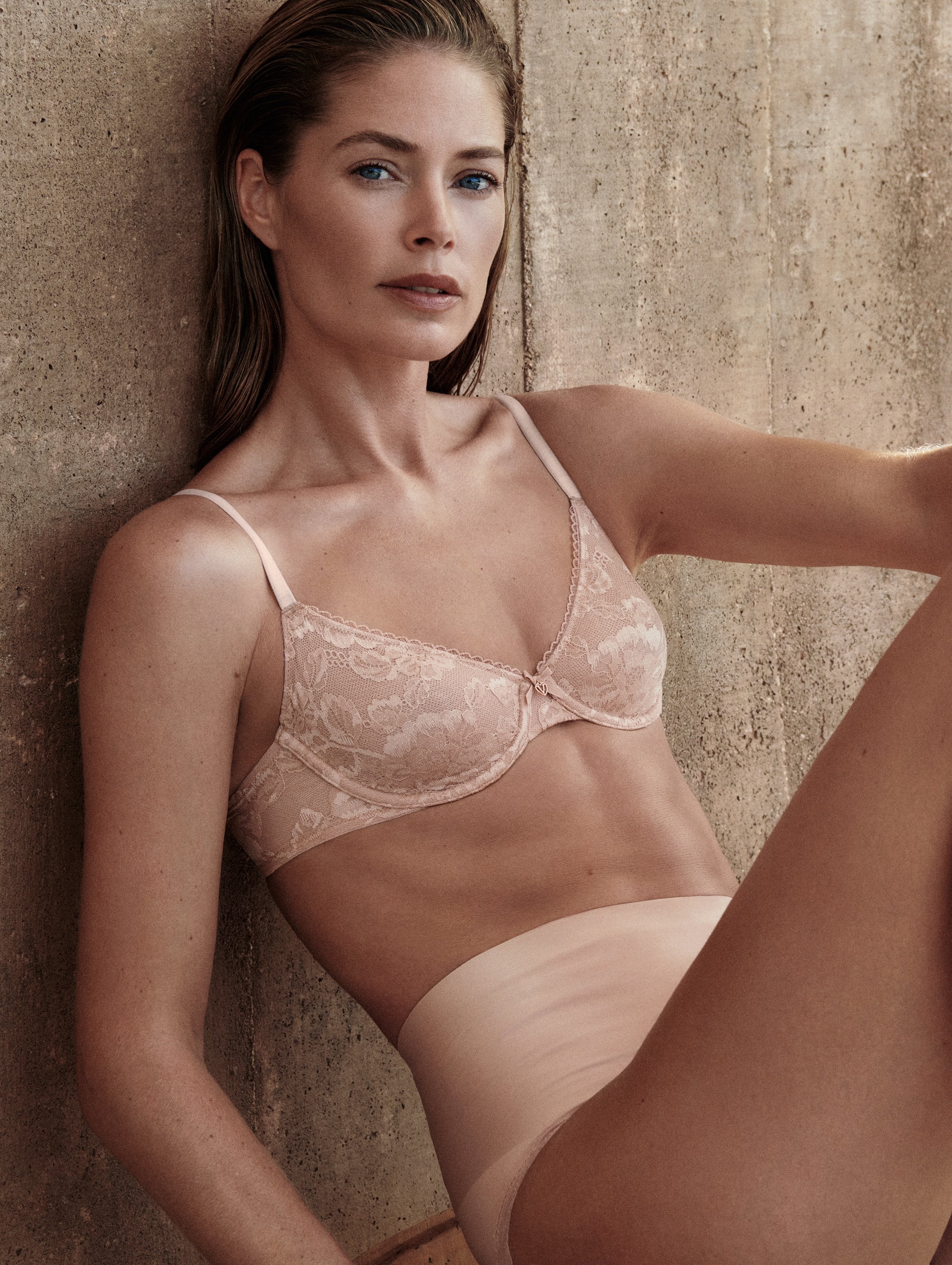How Body Image Affects Women's Health For Real
/
In Peter Paul Rubens’ 1608 painting, Venus At Her Toilet, the voluptuous goddess Venus enjoys peaceful contentment gazing at herself in the mirror. We must learn to do the same, for our own sakes.
Scientific studies about body image in 2013 continue to confirm that body image has a real impact on health. Negative body image is linked with chronic inflammation, while positive body image is linked with health-protecting behavior, including safer sex. Empowerment and body appreciation talk encourage positive body image, while protecting against eating disorders and depression.
AOC is devlving deeply into the topic of body image, self image and women’s health in a three-part series that updates our previous writing.
Negative body image is strongly linked with poor health
A disturbing study, Impact of negative cognitions about body image on inflammatory status in relation to health, published October 2013 in Psychology & Health, established a link between body image dissatisfaction and inflammation indicators.
Inflammation in this context is not acute inflammation, which is how the body responds to damage in order to heal. The study investigated chronic and systemic inflammation, which is when the normal healing mechanism is broken, and the body is in a constant state of low-level inflammation— it is acting as if it’s under attack all the time. This condition is linked with chronic and metabolic disorders such as allergies, obesity, heart disease, diabetes, depression, and so on. Healthy lifestyles with balanced diets, adequate exercise, proper rest, and moderate stress encourage the body’s functions to work properly. Unhealthy lifestyles with junk food, inadequate exercise, dysfunctional rest, and too much stress disrupt normal bodily functions such as the inflammation response.
Anxiety about body image is a form of stress, so it is not too surprising to learn that it is connected to poor health. What is disturbing is just how much of a risk factor it actually is. The study’s results showed that body image dissatisfaction “uniquely predicted inflammation biomarkers”. This means that body image dissatisfaction is a significant risk factor in inflammation, even after accounting for other risk factors such as body mass index, and waist-to-hip ratio. So, even if you have a healthy BMI and small waist-to-hip ratio, if you also have negative body image, then your risk level for inflammation is just as high as someone who has an unhealthy BMI and large waist-to-hip ratio.
The good news is that this also works in reverse: positive body image works wonders for health.
 Rembrandt’s Bathsheba at Her Bath 1654Positive body image promotes healthy, self-nurturing behavior
Rembrandt’s Bathsheba at Her Bath 1654Positive body image promotes healthy, self-nurturing behavior
Women with better body image are more likely to engage in safer sex by using condoms; they also tend to have greater intentions of conducting self-examination for breast cancer. Furthermore, they are able to critically analyze unrealistic images of beauty portrayed in the media, and are better able to protect themselves against the negative effects of these widespread messages. This is according to three recent studies: Body appreciation, sexual relationship status, and protective sexual behaviors in women, published September 2013 in Body Image; Body Esteem and Self-examination in British Men and Women, published June 2013 in International Journal Of Preventive Medicine; and The impact of thin idealized media images on body satisfaction: Does body appreciation protect women from negative effects?, published September 2013 in Body Image.
It makes sense that when we appreciate ourselves, we take care of ourselves. Our bodies deserve love, regardless of shape or size or color. Loving our bodies means protecting ourselves from destructive messages of shame or insecurity. Loving our bodies means engaging in health-promoting behaviors, in order to give ourselves the best possible chance of enjoying as many years as possible doing everything our bodies should do: feel pleasure, go places, express creativity.
Because positive body image has such great benefits, researchers are also studying how to cultivate it.
Empowerment and body appreciation talk encourage positive body image, while protecting against eating disorders and depression.
When women talk appreciatively about their own and others’ bodies, and when they are empowered to make their own decisions and achieve their own goals, they have better chances at having a positive body image. They also have lower chances of suffering eating disorders and depression. These findings are from the September 2013 publication of Body Image: In Empowerment, feminism, and self-efficacy: Relationships to body image and disordered eating; and Body talk and body-related co-rumination: Associations with body image, eating attitudes, and psychological adjustment.
Here at AnneOfCarversville women’s news, and GlamTribale goddess jewelry, we consider it our mission to empower women by sharing uplifting narratives, cultivating creativity, and supporting advocacies related to women’s rights and education. We are glad to receive scientific validation of our work— positive body talk, and education that results in self-efficacy. Of course, we don’t need science to tell us that it’s important to be kind to ourselves and to others. The value of science is in shaping this goodwill into a form that holds weight in economic, political, and institutional policy-making.
It is important to note that all of these studies were conducted on relatively small numbers of people. More research is needed to validate the studies’ findings and see how they apply to the general population. However, they are a great start in the right direction, helping us to learn more about the complex interactions between body image— something conceptual and abstract— and and physiological health— something concrete and tangible. These studies highlight the impact of body image, and emphasize the need for creating a culture that encourages positive body image in everyone. ~ Feanne
 Renoir’s ‘The Large Bathers’ 1887
Renoir’s ‘The Large Bathers’ 1887





























